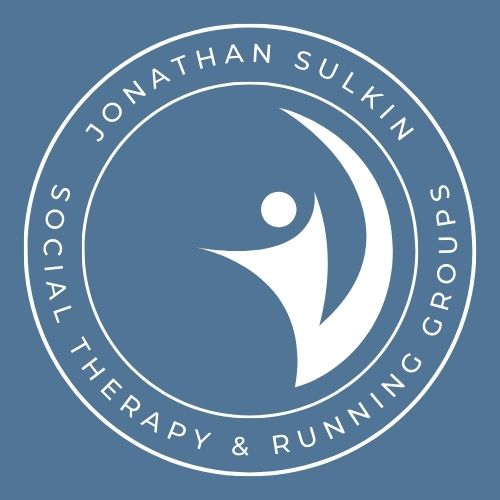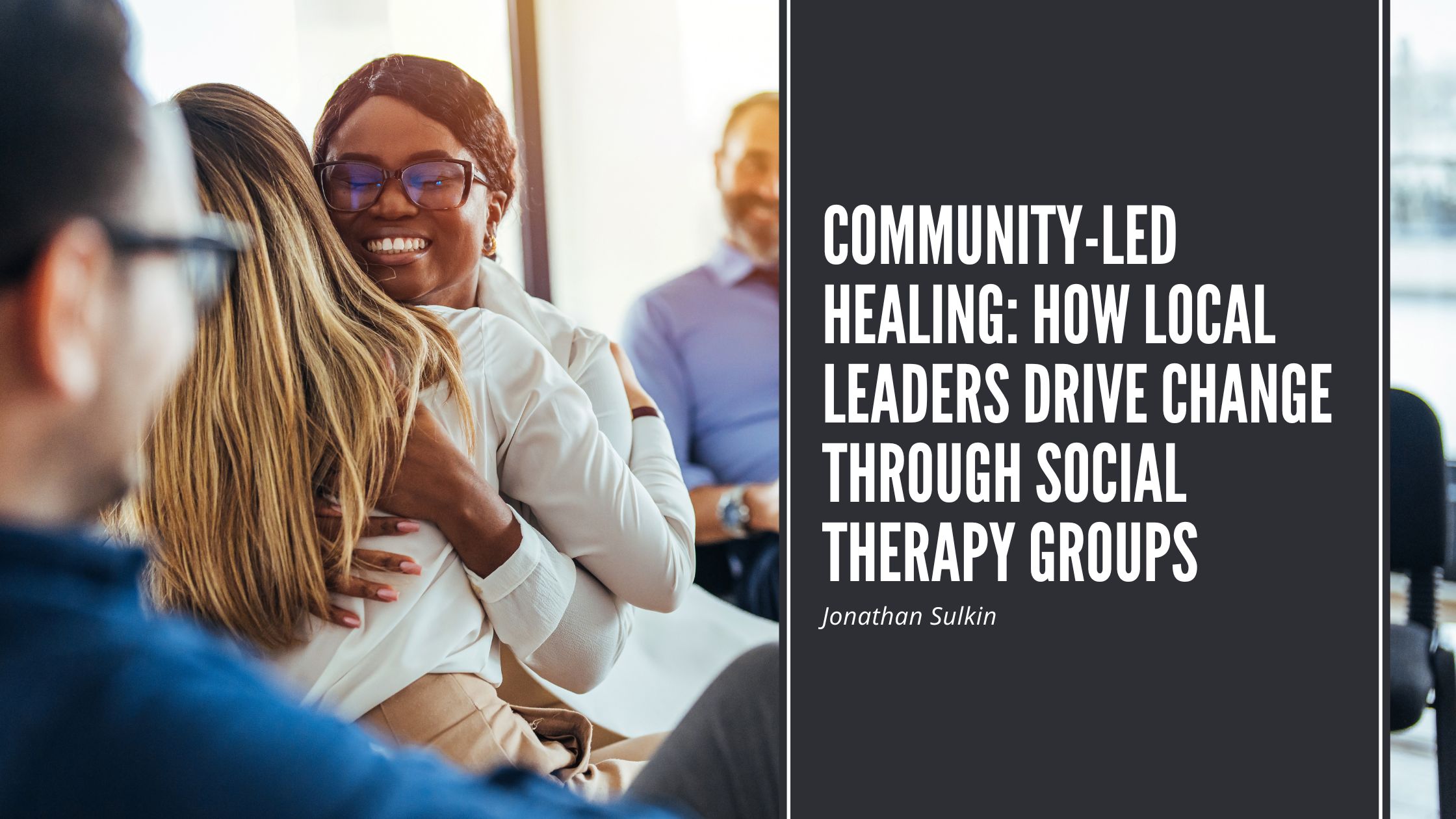In communities around the world, local leaders are driving change and promoting healing through the power of social therapy groups. These grassroots initiatives harness community members’ collective wisdom, strength, and resilience to address shared challenges and support individual and collective well-being. In this blog post, we’ll explore how community-led social therapy groups are making a difference and driving positive change in neighborhoods, towns, and cities.
One of the key features of community-led social therapy groups is their emphasis on empowerment and participation. Rather than relying solely on professional therapists or experts, these groups are led and facilitated by community members who deeply understand the local context and culture. Community-led social therapy groups foster a sense of agency, belonging, and empowerment among participants by empowering individuals to take ownership of their healing journey and support one another.
Moreover, community-led social therapy groups are rooted in the principles of inclusivity and equity. These groups welcome individuals from all walks of life, regardless of background, identity, or status. By creating a safe and supportive space where everyone’s voice is valued and respected, community-led social therapy groups challenge stigma, discrimination, and social isolation and promote a sense of belonging and connection among participants.
Additionally, community-led social therapy groups are responsive to the unique needs and strengths of the community. Rather than imposing one-size-fits-all solutions, these groups adapt their approach to address the community’s specific challenges, resources, and aspirations. Whether it’s supporting individuals affected by trauma, addiction, or mental illness or addressing broader social issues such as poverty, violence, or inequality, community-led social therapy groups tailor their programs and services to meet the evolving needs of the community.
Furthermore, community-led social therapy groups promote collaboration and partnership among community members, organizations, and institutions. By working together with local businesses, schools, churches, and other stakeholders, these groups leverage existing resources, networks, and expertise to maximize their impact and reach. This collaborative approach ensures that community-led social therapy groups are embedded within the fabric of the community and can address complex, interconnected issues through a multi-sectoral approach.
Moreover, community-led social therapy groups foster resilience and collective action within the community. These groups empower individuals to overcome adversity, navigate challenges, and create positive change in their lives and communities by building social connections, mutual support, and solidarity. Whether it’s organizing community events, advocating for policy change, or providing direct support to those in need, community-led social therapy groups mobilize the collective power of the community to drive meaningful and sustainable change.
In conclusion, community-led social therapy groups are a powerful force for healing, empowerment, and social change in communities worldwide. These groups are driving positive change and transforming lives by empowering individuals, fostering inclusivity and equity, responding to community needs, promoting collaboration and partnership, and fostering resilience and collective action. As we continue to navigate the challenges of our time, let us draw inspiration from the grassroots leaders and community members who are leading the way toward a brighter, more connected, and more resilient future.

